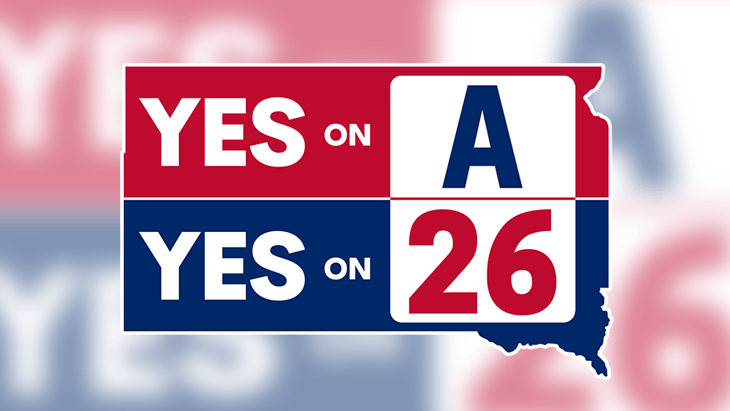
Justices on the South Dakota Supreme Court will not decide on litigation seeking to invalidate Constitutional Amendment A, the state’s voter-initiated adult-use marijuana legalization law until after July 1. That is the date the law was supposed to go into effect.
State Court Administrator Greg Sattizahn confirmed Thursday that the Court’s decision would not come ahead of the July 1 deadline.
Fifty-four percent of South Dakota voters decided on Election Day in favor of the ballot measure. Republican Gov. Kristi Noem publicly opposed it, and following its passage her office facilitated litigation seeking to strike down the law as unconstitutional.
In February, Judge Christina Klinger of the state’s Sixth Judicial Circuit Court ruled in favor of the challenge — opining that the measure violates state requirements that ballot measures not encompass more than one topic. The judge also ruled that the measure revises rather than amends the state’s Constitution, and therefore should not be permitted to move forward.
NORML’s Deputy Director Paul Armentano criticized the circuit court’s ruling at that time, stating: “Legalization opponents cannot succeed in the court of public opinion or at the ballot box. Thus, they are now seeking to overturn election results after the fact. Whether or not one supports marijuana legalization, Americans should be outraged at these overtly undemocratic tactics.”
South Dakota Supreme Court Justices heard arguments on the case on April 27.
The circuit court’s ruling striking down the law remains in effect until the Supreme Court either upholds or reverses the lower court’s decision.
Eighteen states have enacted laws regulating the adult use of marijuana. No high court has ever before struck down an adult-use marijuana law.
Adult-use legalization laws will take effect in Connecticut, New Mexico, and Virginia next week.
South Dakotans also approved a separate ballot measure in November, Measure 26, calling upon the state to provide medical cannabis access to qualified patients. That law takes effect on July 1, though state-licensed dispensaries are not anticipated to be operational for several more months.














